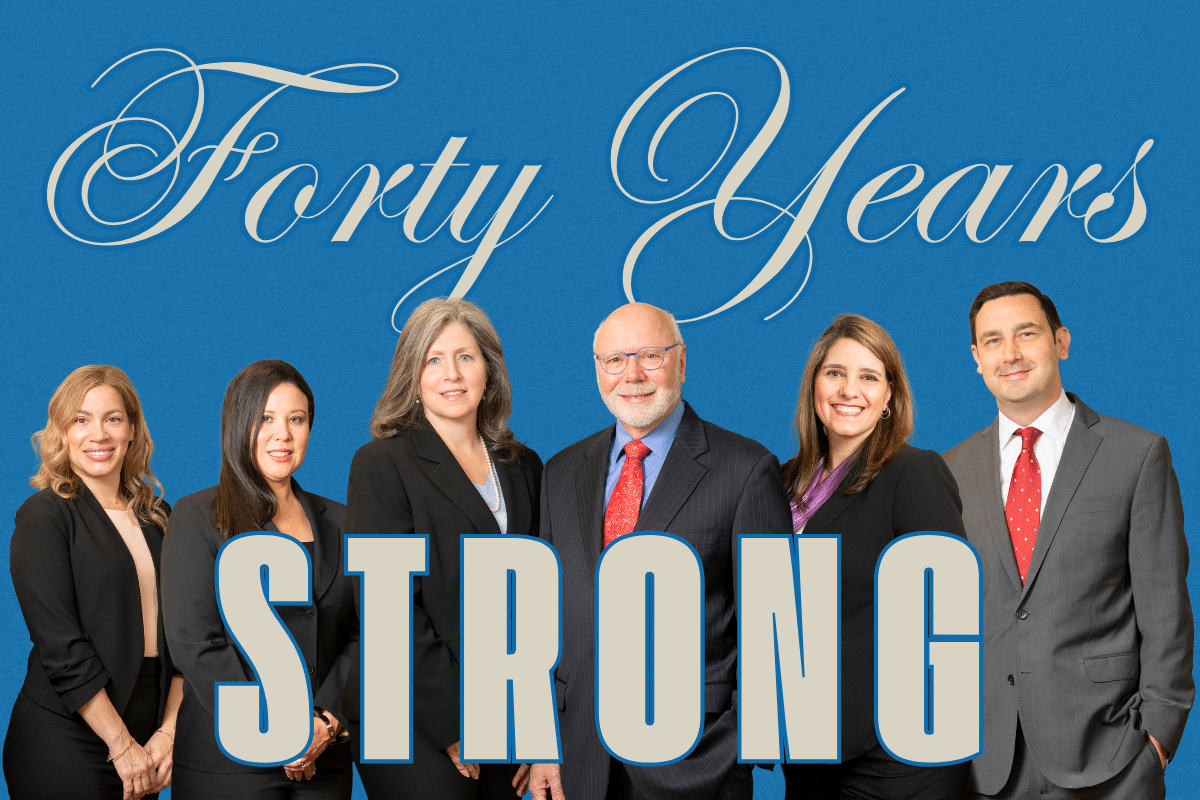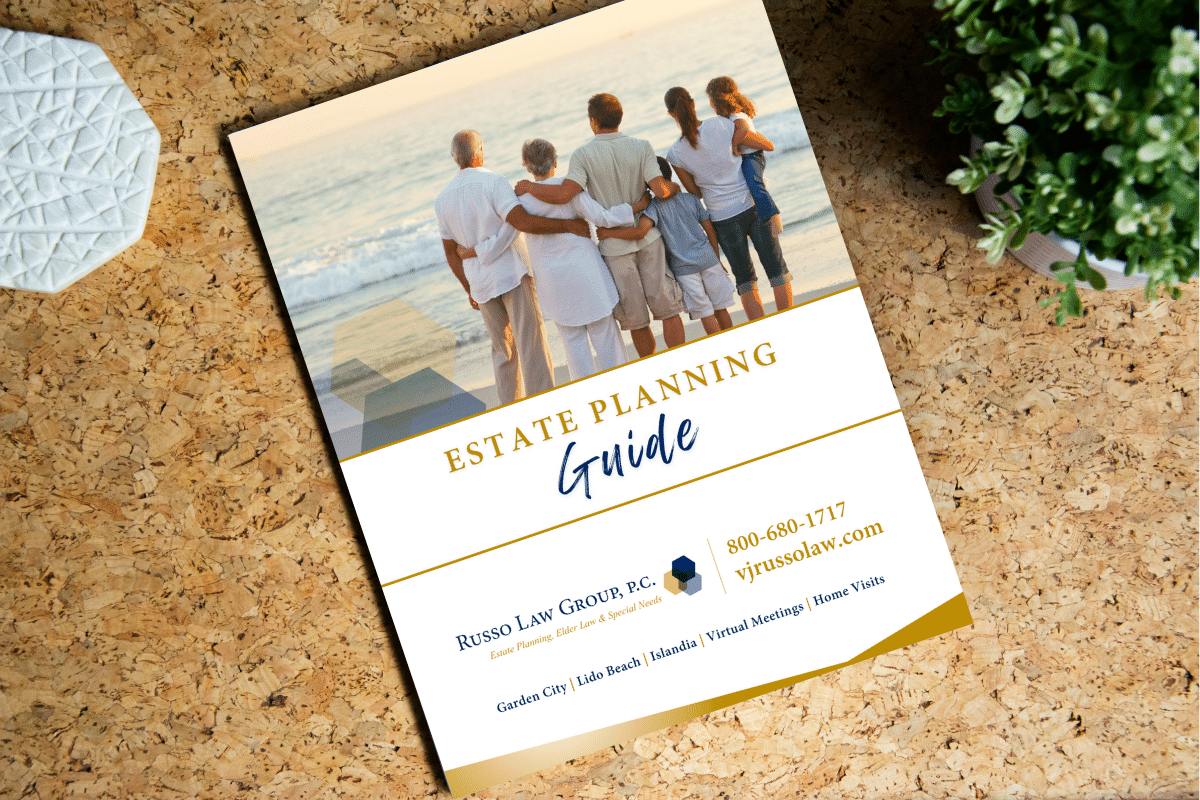On October 1st, 2025, Russo Law Group will mark a significant milestone: 40 years of…
When you own a piece of real property in New York State, your circumstance dictates whether or not you are entitled to certain tax exemptions.
What does this mean? Your personal residence may qualify for a number of exemptions based on factors such as whether you are a senior citizen, have financial difficulty, or are a veteran. In addition, if you and your spouse earn under $500,000 per year, then you could file for the STAR exemption for your personal residence.
Exemptions are specific to the owner of the property. When you pass away, exemptions on your property pass away with you, except in a situation where someone else shares the deed, such as a living spouse.
For example:
John and Mary are both senior citizens, and John is a veteran. Their only house is in Long Island, New York. Their taxes, without exemptions, would be about ten thousand dollars. With the STAR exemption and exemptions for age and military service, the real figure is more like $5,000. When John dies, Mary is still entitled to his veteran’s tax exemption, and she continues to live in the house for another year or two before she dies. The executor is appointed and beneficiaries are named under the will. In order to deal with debts and liabilities, they need to sell the house and collect the assets.
Many times, even after house owners pass away, the exemptions remain applicable. If the executor doesn’t go to town or county hall to inform them of the death and request higher tax rates, but just pays the tax bills as they come until the property is sold or distributed to the beneficiaries, then the county or town then has the right to seek the difference between the base taxes owed and the taxes paid with the exemptions from the estate.
These are known as restorative taxes. Restorative taxes are the difference between the value of the base tax rate and the tax rate including exemptions. Practically speaking, the town or county may not seek the restorative taxes, but the possibility remains that they will. Because of this, those restorative taxes need to be paid or credited to the buyer at the sale of the property.
If Mary’s executor sells the house, the title report will indicate that restorative taxes are owed from the day that Mary died until the day the house is sold. Because the executor only paid $5,000 of the $10,000 in taxes, he will need to provide the buyer with a credit of $5,000 in restorative taxes. If the county or town ever requests these restorative taxes, it is then the buyer’s responsibility to pay them. Alternatively, the title company may require that a check for the restorative taxes be given to it so that it can pay the restorative taxes to the town or county.
As a real property owner, it is good to understand available tax exemptions. However, since tax exemptions will no longer apply once a person dies, it is important for the executor to know what the tax implications are when disposing of real property. Contact us today at 800-680-1717 with questions or comments.




Comments (0)